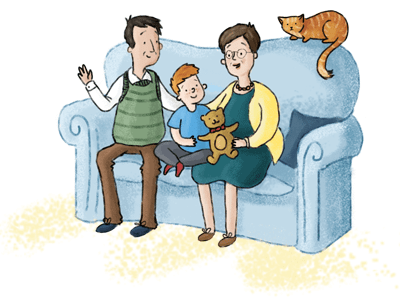
A new residential nil rate band (RNRB) was introduced on April 6 2017 enabling you to pass, on your death, an additional allowance to be used against the value of property passing to direct dependents on top of the individual inheritance tax allowance of £325,000. The starting allowance was £100,000 and this increases incrementally by £25,000 each year in April up to £175,000 in 2020 and thereafter in line with the Consumer Prices Index.
Currently, anything under £325,000 is exempt from inheritance tax. Anything above this figure is subject to a 40 per cent tax bill. This will depend however, on any lifetime gifting and planning you may have in place.
This figure can effectively be doubled for couples, as two people’s allowances are available. This means they can currently pass on death, property & assets to the value of £900,000 without incurring inheritance tax. The sum will rise incrementally to £1m by 2020/21.
To qualify for the new residential nil rate band, individuals will need to ensure their residence goes to direct descendants – children, step-children, adopted children, grandchildren or foster children.
It is important for anyone affected by these new provisions to review their wills, particularly if their current ones include discretionary trusts, as a significant number of wealthier families will lose out on the benefit.
At present, it is possible to effect a Deed of Variation, which must be done within two years of the date of death, although this can only be used if none of the beneficiaries are minors.
It may all sound complicated, but a specialist trusts & estates solicitor will be able to work out exactly how much of a person’s estate is exempt from inheritance tax.
The contents of this article are intended for general information purposes only and shall not be deemed to be, or constitute legal advice. We cannot accept responsibility for any loss as a result of acts or omissions taken in respect of this article.










